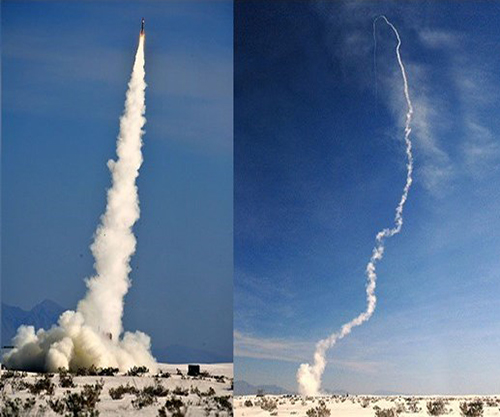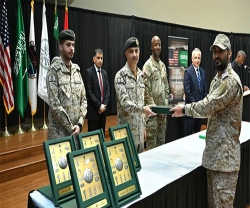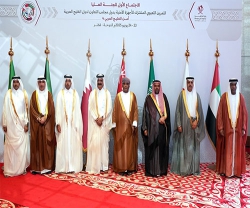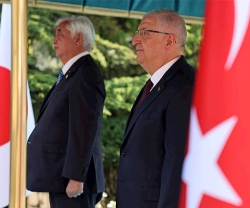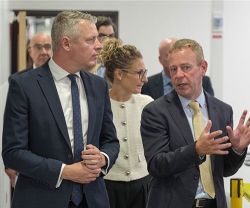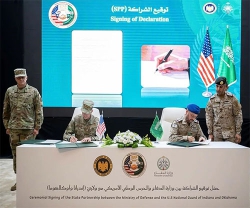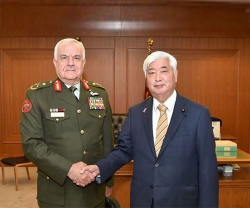In flight tests at White Sands Missile Range on August 9, Lockheed Martin demonstrated new upgrades to its PAC-3 Missile Segment Enhancement (MSE) interceptor and continued reliability of its PAC-3 Cost Reduction Initiative (CRI) interceptor.
“Flight tests like these demonstrate how we continue to evolve PAC-3 to ensure we remain ready for the 21st century battlefield while also showcasing our record of reliability in the field. The warfighter needs to know that the PAC-3 missiles protecting them are going to work, every time,” said Brenda Davidson, Vice President, PAC-3 Programs.
During the tests, a PAC-3 MSE successfully intercepted a tactical ballistic missile target, validating missile and launcher software and hardware component upgrades. The upgrades, which enable future performance of the PAC-3 MSE interceptor to keep pace against expanding threats of today and tomorrow, will be incorporated into production over the next year.
Separately, two PAC-3 CRI missiles each successfully intercepted a tactical ballistic missile target in support of the U.S. Army’s Field Surveillance Program (FSP) that confirms the reliability and readiness of fielded PAC-3 missiles. The tests marked the 17th and 18th successful PAC-3 CRI FSP intercepts, reconfirming the missile’s ability to detect, track and intercept threats while meeting fielded reliability requirements. The first PAC-3 MSE FSP flight test is scheduled to take place later this year.
Both U.S. Army-led flight tests demonstrated the unique capability of the PAC-3 family of missiles, the only combat proven Hit-to-Kill interceptors that defend against incoming threats, including tactical ballistic missiles, cruise missiles and aircraft. PAC-3 missiles defend against incoming threats through direct body-to-body contact, delivering exponentially more kinetic energy on the target than can be achieved with blast-fragmentation kill mechanisms.
Fourteen nations have chosen PAC-3 CRI and PAC-3 MSE to provide missile defense capabilities.
Headquartered in Bethesda, Maryland, Lockheed Martin Corporation is a global security and aerospace company that employs approximately 114,000 people worldwide and is principally engaged in the research, design, development, manufacture, integration and sustainment of advanced technology systems, products and services.

